Critical parenting can negatively affect a child’s perceived capabilities and overall sense of worth. Critical parents tend to be hyperfocused on their child’s performance in academic and social activities and to value compliance and obedience with little nurturing toward the child’s emotional development. Critical parenting is a form of emotional control and abuse which can develop into chronic childhood trauma. As an adult, you may avoid confrontations and may repress vulnerable emotions, because you were taught that your perceptions were “wrong.”
Being raised by a critical parent can result in emotional, behavioral, and cognitive challenges during your adulthood. First, you may be prone to self-loathing thoughts, which fuel the harsh “inner critic” created and perpetuated throughout your childhood. Secondly, you are at a higher risk of getting involved with narcissistic romantic partners and friends. Third, you may experience frequent and intense fears of being rejected, failing at your life goals, and not being “adequate” for your romantic partners. Fourth, you may have internalized chronic feelings of shame and guilt and, thus, are predisposed to anxiety, depression, and attention focus difficulties. Fifth, you are at a higher risk for compulsive behaviors, such as workaholism, substance abuse, and/or obsessions with your physical appearance. The final and most significant effect of critical parenting is your fragmented sense of self.
Critical parenting can cause changes in key brain functions. The first brain structure affected by critical parenting is the amygdala, which is responsible for managing various threats to your safety and well-being. Critical parenting can cause lifelong overactivity of your amygdala, causing fear and anxiety responses which are disproportionate to the realistic circumstances. The second brain structure affected by critical parenting is the prefrontal cortex, which regulates your emotional responses to external events, as well as your overall decision-making, coping, and goal-setting processes. The third brain structure affected by critical parenting is your hippocampus, which is your brain’s memory structure and which loses the ability to store and process information correctly after ongoing emotional abuse. Critical parenting can block your hippocampus from distinguishing between current, safe events and dangerous or painful events which have been inflicted upon you in your past. In sum, your prefrontal cortex is underactive, resulting in difficulty with creating a self-image which is separate from that which was defined by your critical parent, and your amygdala is overactive, resulting in a chronic state of fear and perceived weakness.
Being repeatedly exposed to a critical parent can lead to varying degrees of Post-Traumatic Stress Disorder and tends to have either the PTSD-induced Freeze response and/or the Flight response. Both Freeze and Flight responses can plague your current life with dissociation, social isolation, chronic self-doubt, achievement-related phobias, and a sense of “stuckness” toward daily personal, academic, and work tasks. These responses have also been correlated with ADHD symptoms, anxiety disorders, substance abuse, mood disorders, being involved with emotionally abusive romantic relationships, and living out the self-fulfilling prophecy of being a failure and a victim. Your neuronal activity and self-image will remain in a reactive survival mode until you learn the necessary coping skills for creating your new narrative.
Mindfulness-Based Cognitive Therapy is extremely effective for helping adults who were raised by a critical parent. This approach helps you to rebuild your self-image through education about mindfulness strategies for recognizing your past-oriented triggers and reacting with learned coping behaviors which create a sense of resilience, courage, wisdom, perseverance, and maintaining emotional boundaries with the critical parent. Mindfulness-Based Cognitive Therapy does not focus on avoiding or eliminating sadness or other negative emotions. Rather, this approach teaches you how to change your relationship with these emotions. In doing so, you will learn how to free yourself from old thought patterns. Mindfulness strategies can be used when you begin to feel overwhelmed by negative thoughts. Mindfulness strategies equip you with the tools to revise your negative self-image through calm, confident, and empowering actions.
When you react to the negative energy which was put into you by a critical parent, you are also absorbing it. Thus, you are allowing your energy to be directed backward, not forward. You are replaying old scenarios which no longer work for you in your adult self-image. Remember to always do your best in each moment to stay focused on your thoughts and actions. By doing this, there is no room for the distractions of past messages from a critical parent. When you learn how to refocus yourself mindfully to your present moments, you can fully live as an independent adult with a more emotionally stable sense of self. When you can view your insecurities as messages which were inflicted upon you and not as who you are now, you will find that the dark cloud of critical parenting will gradually lift and lighten from your self-image.


